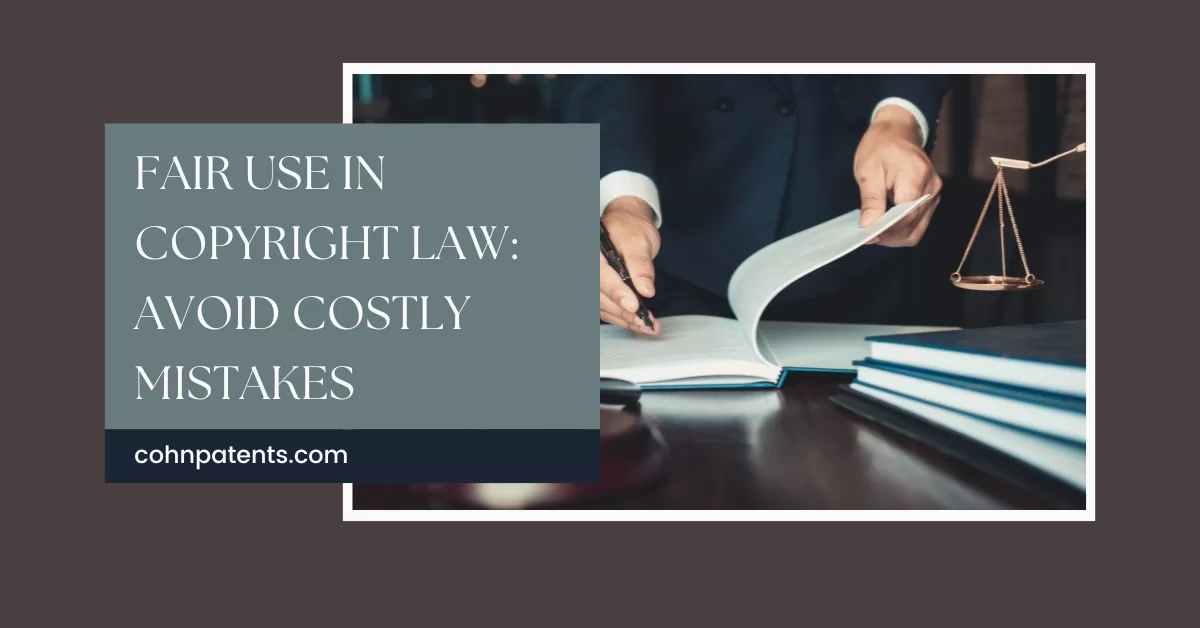What is “Fair Use” in Copyright Law?
It can sometimes feel like a fine line between admiring and sharing someone’s work, and violating their copyright. Finding the right mix is even more important in the Internet age, when copying someone’s work is a simple matter of a point and a click. When you consider the fact that much of online conversation consists of sharing what someone has said, and responding to it or commenting on it, there is even more potential for confusion. A basic understanding of Fair Use in copyright may be helpful in clearing up a little of that confusion.
Copyright.gov says this about fair use:
“Section 107 contains a list of the various purposes for which the reproduction of a particular work may be considered fair, such as criticism, comment, news reporting, teaching, scholarship, and research. Section 107 also sets out four factors to be considered in determining whether or not a particular use is fair.”
- The purpose and character of the use, including whether such use is of commercial nature or is for nonprofit educational purposes
- The nature of the copyrighted work
- The amount and substantiality of the portion used in relation to the copyrighted work as a whole
- The effect of the use upon the potential market for, or value of, the copyrighted work
This may not exactly clear things up, but, in general, if the use is limited, educational, illustrative and, most importantly, not done in a way that might harm the original source commercially, it may be okay. If you are creating a professional piece, a consultation with a copyright attorney, patent lawyer or someone well-versed in these topics is a good idea, when you are in doubt.
Contact your Patent Attorney to learn more.


